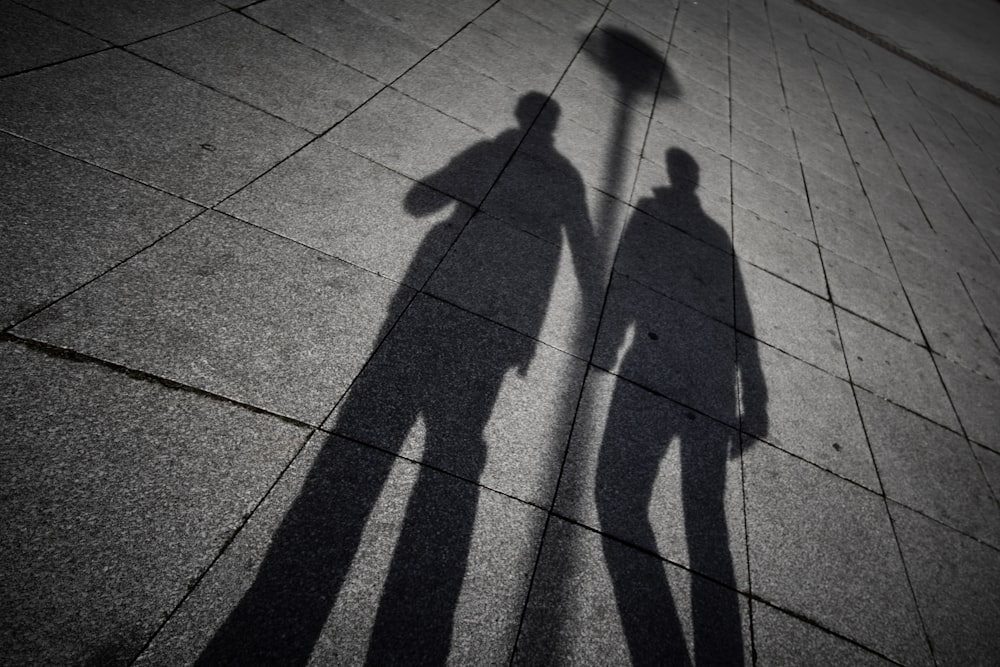The Debate Over the Legality of Homosexuality: Should it be Banned?

In recent years, the discourse surrounding the legality of homosexuality has sparked heated debates worldwide. While many countries have made strides in recognizing and protecting the rights of LGBTQ+ individuals, there are still regions where homosexuality remains illegal, and the topic continues to be contentious. This article aims to delve into the arguments for and against banning homosexuality, exploring the ethical, legal, and societal implications of such a prohibition.
The Case Against Banning Homosexuality:
- Human Rights and Personal Freedom: One of the primary arguments against banning homosexuality is rooted in human rights and personal freedom. Every individual should have the right to express their sexual orientation without fear of persecution or discrimination. Criminalizing homosexuality infringes upon the fundamental rights to autonomy and privacy, as enshrined in various international human rights treaties.
- Consenting Adults: Advocates for LGBTQ+ rights argue that as long as sexual activities occur between consenting adults, the government has no legitimate reason to intervene. The principle of consent is central to liberal democracies, and individuals should have the liberty to engage in consensual relationships without state interference, regardless of their sexual orientation.
- Diversity and Inclusivity: Society thrives on diversity and inclusivity. Banning homosexuality sends a message of exclusion and marginalization to LGBTQ+ individuals, fostering a culture of discrimination and intolerance. Embracing diversity enriches communities and promotes social cohesion, leading to a more inclusive and equitable society for all.
- Psychological Well-being: Studies have shown that societal stigma and discrimination against LGBTQ+ individuals can have detrimental effects on their mental health and well-being. Banning homosexuality contributes to a hostile environment where LGBTQ+ individuals may face harassment, violence, and even persecution. Legalizing homosexuality can help mitigate these negative effects by promoting acceptance and support within society.
The Case for Banning Homosexuality:
- Traditional Values and Cultural Norms: In some societies, homosexuality is viewed as contrary to traditional values and cultural norms. Advocates for banning homosexuality argue that preserving these values is essential for maintaining social cohesion and stability. They contend that legalizing homosexuality would undermine the cultural fabric of society and erode longstanding moral principles.
- Religious Beliefs: Many religious doctrines condemn homosexuality as sinful or immoral. For devout followers, banning homosexuality aligns with their religious beliefs and moral convictions. They argue that allowing homosexuality would contravene the teachings of their faith and lead to moral decay within society. In such contexts, banning homosexuality is perceived as a means of upholding religious values and preserving spiritual integrity.
- Protecting the Family Institution: Opponents of homosexuality often cite concerns about its perceived impact on the family institution. They argue that traditional family structures, based on heterosexual relationships, are fundamental to society's stability and continuity. Banning homosexuality is seen as a safeguard against potential disruptions to the family unit, protecting children from exposure to non-traditional lifestyles.
- Public Health Concerns: Some proponents of banning homosexuality raise public health concerns, particularly regarding the spread of sexually transmitted infections (STIs) such as HIV/AIDS. They argue that certain sexual practices associated with homosexuality pose health risks to individuals and society at large. Banning homosexuality, in their view, is a measure to mitigate these risks and promote public health outcomes.
Conclusion:
The debate over whether homosexuality should be banned is multifaceted and complex, encompassing a wide range of ethical, legal, and societal considerations. While proponents of banning homosexuality often invoke traditional values, religious beliefs, and public health concerns, opponents emphasize human rights, personal freedom, and the importance of diversity and inclusivity.
Ultimately, the question of whether homosexuality should be banned requires careful examination of the rights and freedoms of individuals, the cultural and religious dynamics of societies, and the potential impact on public health and well-being. As societies continue to grapple with this issue, it is essential to engage in constructive dialogue and seek solutions that uphold fundamental human rights while respecting diverse perspectives and values.





























![[ℕ𝕖𝕧𝕖𝕣] 𝕊𝕖𝕝𝕝 𝕐𝕠𝕦𝕣 𝔹𝕚𝕥𝕔𝕠𝕚𝕟 - And Now What.... Pray To The God Of Hopium?](https://cdn.bulbapp.io/frontend/images/79e7827b-c644-4853-b048-a9601a8a8da7/1)



















